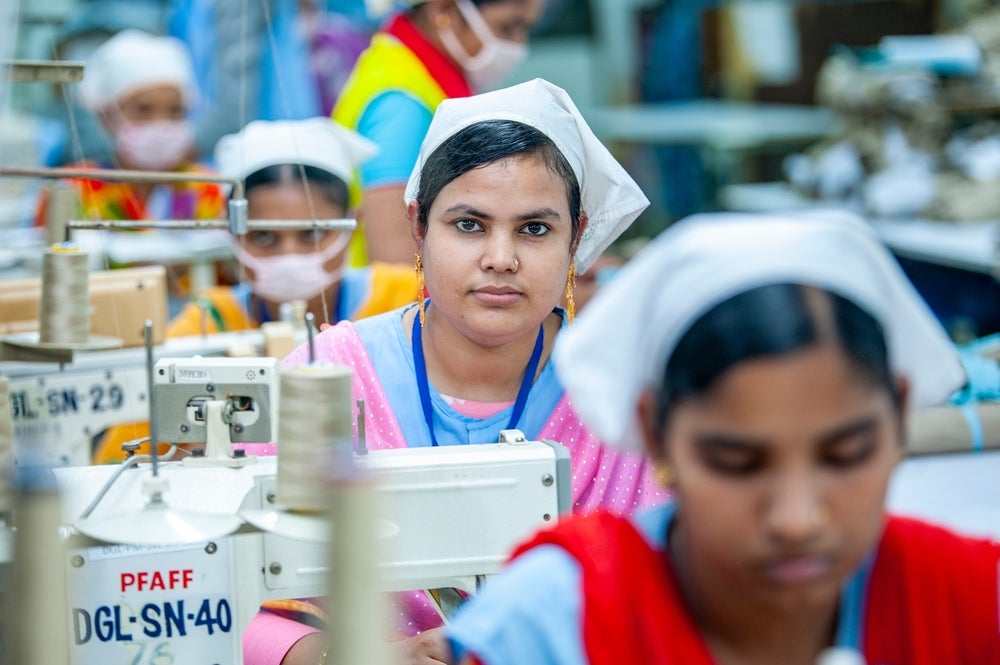
The study, which is being carried out by management consulting firm LightCastle Partners aims to analyse gaps in existing policies, assess market potential, and evaluate the Ready-Made Garment (RMG) sector’s “readiness” for a virtual marketplace.
It will also include the formulation of a suitable business model and an action plan to implement operations.
BGMEA president Faruque Hassan emphasised how companies have been increasingly going online with the advancement of digital technologies. He believes the pandemic accelerated the pace of digital transformation, leading to a “boom in the digital and ecommerce sectors.”
“Developing a virtual market platform will boost sales of the RMG sector and rebound from the effects of the pandemic,” said Hassan.
LightCastle Partners has suggested the virtual marketplace would bring the country’s apparel industry into global value chains with focused “Made in Bangladesh” branding through digital expansion and capitalising on the shift towards online purchasing.
In the mid-term, the consultancy firm believes the emphasis should be placed on establishing “Made in Bangladesh” branding through digital expansion, while in the long term, the focus should shift to B2C expansion by introducing B2C platforms.

US Tariffs are shifting - will you react or anticipate?
Don’t let policy changes catch you off guard. Stay proactive with real-time data and expert analysis.
By GlobalDataLightCastle Partners explained that B2B would allow Bangladesh’s apparel sector to attract new buyers and markets at lower costs and B2C would allow the sector to expand to a greater value generation by directly connecting with consumers.
Local news reports claimed the platforms would function as independent entities, offering logistical assistance, design consultation, secure payment systems, and spare capacity matching.
LightCastle Partners explained policy support would be needed to ensure the effective establishment of an effective B2B virtual marketplace for apparel. This includes data protection, prevention of unfair price competition, digitisation of export tracking methods, facilitation of return policies, international payment facilitation and B2C export incentives.
The firm also suggested that successfully implementing a virtual marketplace would “future-proof” Bangladesh’s apparel sector and help with Bangladesh’s growth story.
Hassan added: “This study will help to identify the challenges and opportunities of the sector to establish an online marketplace.”
LightCastle Partners co-founder and director Zahedul Amin said: “Bangladesh’s apparel sector must retain its competitiveness advantage by harnessing technology-driven market development, in order to leapfrog ahead of its competitors.”
The BGMEA said the study is funded by the International Finance Corporation’s Partnership for Cleaner Textile (PaCT II) programme, backed by the government of Denmark through the Danish International Development Agency (DANIDA) and the Embassy of the Kingdom of the Netherlands in Bangladesh.



